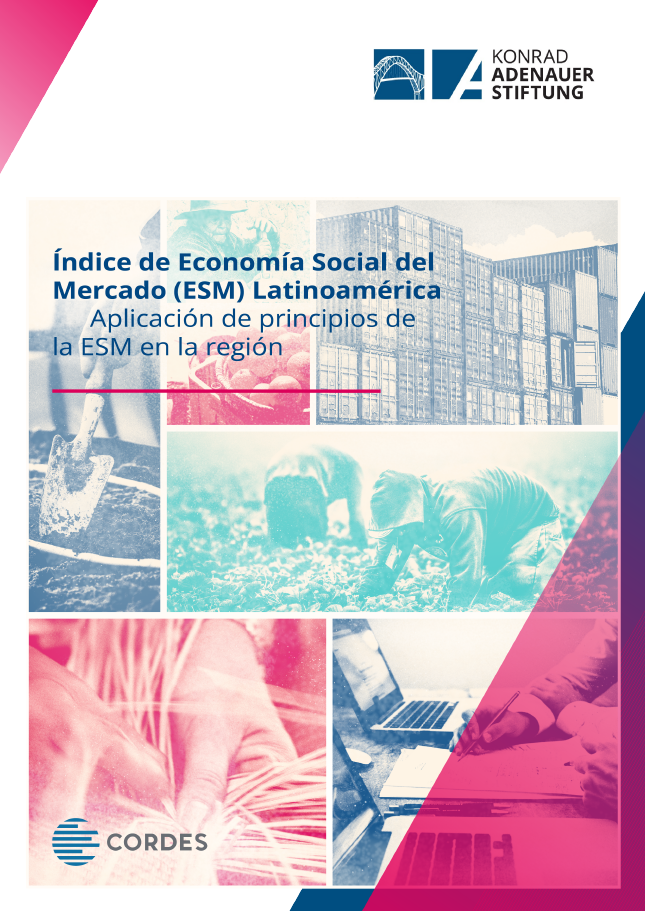The Social Market Economy has its origins in the second postwar period, when German political leaders took to themselves the ideas developed in the interwar period by thinkers of the Freiburg School, who promoted ordoliberalism, a current of economic thought that rejected the notion of an "invisible hand" that would spontaneously "guide" the economic system, proposing instead the development of an "economic constitution provided by the State", where the rules of the game would be established by which the actors within the market would participate.
The greatest representative of the Freiburg School was the German economist Walter Eucken, born in 1891, a time when liberalism had spread throughout most of the industrialized countries. Eucken began to question the traditional liberal model, given the proliferation of monopolies and cartels that came to dominate various economic sectors. Likewise, with the emergence of the centrally planned economy after World War I, Eucken also criticized the accumulation of power in the state. For Eucken, both the proliferation of private power blocs and the consolidation of an omnipresent state jeopardized the full exercise of individual freedoms.
As an alternative to a monopoly-dominated or state-dominated economy, Eucken proposed seven constitutive principles that would ensure a 'competitive economy': the presence of a market structure based on a good price system, a stable currency, the existence of open markets, the protection of private property, the freedom to enter into contracts, individual responsibility and a stable and consistent economic policy. To these were added four regulatory principles: antitrust policy, incomes policy, correction of externalities and correction of labor supply anomalies.
This study is the result of cooperation between the Alliance for Democracy in Latin America (ADELA), the regional program of the Konrad Adenauer Foundation (KAS), based in Panama City, and the Corporación de Estudios para el Desarrollo (CORDES), a think tank based in Quito. The objective is to analyze the recent performance of Latin American economies and assess their adherence to the principles of the Social Market Economy (SME). To this end, a research methodology was developed to quantitatively estimate how close or distant Latin American countries have been to the SME model during the last two decades.




